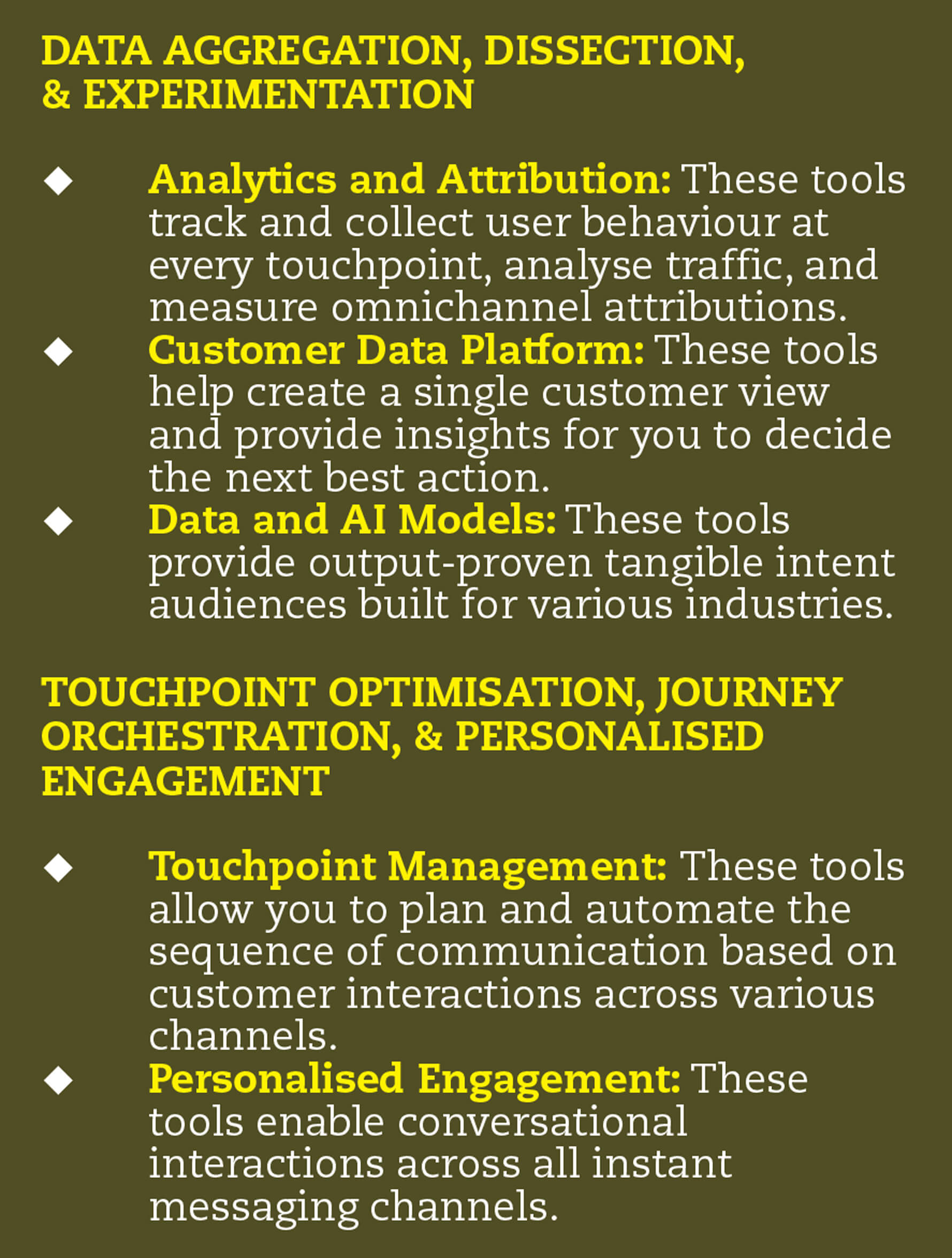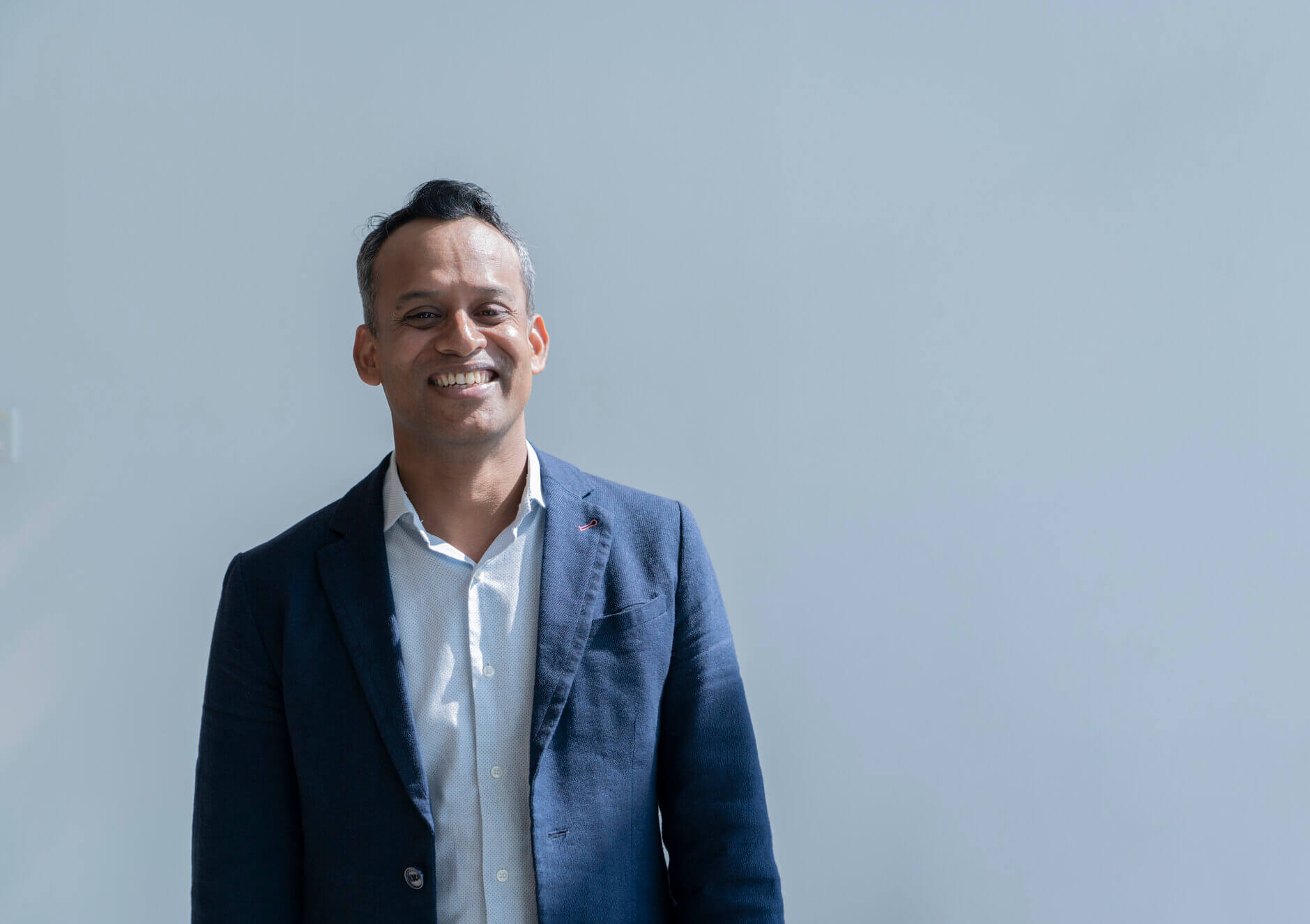Be Less Aristotelian: Marketing Needs Value Experimentation over Assumption
You can do a lot with every sort of marketing strategy these days with the help of social media and technology as a whole.
With the upending of historic marketing fundamentals in the data and digital world, we need to recognise that for too long, marketing fundamentals in media planning and creativity have mainly been hypothesised instead of proven with repeatable experiments.
How Science Changes across Time
Let me start with a short history lesson about how science changed from the times of Plato and Aristotle to the great Galileo. For over 2,000 years, humankind was in the dark. It was a common belief that the world was made up of earth, air, water, and fire – despite the atomic theory proposed by Democritus circa 500 BC. It was not until the turn of the 17th century that Galileo Galilei decided to stop assuming and start doing something about it. And so began the new age of experimental science. He studied how objects moved on Earth, how they reacted to different forces, and how they fell to the ground.
Convinced that a relevant mathematical law must exist, he dropped objects of different weights and measured the outcomes as precisely as he could. The result was momentous: contrary to popular belief at the time, objects did not fall at the same speed. However, the acceleration was constant in every experiment he conducted. Galileo calculated this constant to approximately 9.8 m/s2 – what we now know as gravitational force.
That revelation became the first mathematical law for earthly bodies, and from that point in time, the dominoes began to fall. One revolutionary discovery after another started to surface from brilliant individuals including Newton, Maxwell, Faraday, Einstein, and many more.
As we venture into the new year, what do the observations of Aristotle and the experiments of Galileo have to do with digital marketing? The answer is everything.
Be Less Aristotle and More Galileo
For too long, the marketing world has relied on what I would call the Aristotelian approach to the world, i.e. engaging in observational procedures and making hypotheses instead of performing actual experiments and analysing the results. There has been a disproportionate focus on pitches and plans for too long instead of implementations through to their tangible outcomes.
“Although digital and data have opened a window for us to measure, quantify, and codify every brief through to execution, there is still a disenfranchisement of the digital and data assets obtained – especially if we choose to be satisfied on theory alone.”
However, I understand. There is beauty in theories. They are mystical and mysterious. There is beauty in a flawless equation like E=mc2.
But marketers’ reliance on fancy theories has become entrenched, and that has become even more apparent as templated media plans on awareness and activations are being challenged, older marketing mix models start to lack relevance, and consumer behaviour evolves.
Why Experiment? Because There is Real Value to be Found!
Experimentation has taught us a great deal over the past few years. The more we experimented with data, the more amazed we were by its beauty and variety. But what surprised us the most was that when we looked even closer, we were able to study the minute details of every data asset and discovered even more potential for applicability.
As for third-party data, the possibilities have been endless for a plethora of industries, including telecommunications, banking, consumer electronics, automotive, and retail. It is mind-blowing to see how we can use data-driven insights from a telecommunications provider to provide business value to the banking sector via applications such as credit scoring. We can drive real business outcomes at the intersection of digital media and data, from improving the conversion of abandoned carts to dynamic personalisation, reducing lead times, and many other positive results.
But that would not have materialised had we not embarked forward together in the spirit of experimentation. From client servicing and business insight strategists to media performance and data science teams, we collectively embraced the spirit of trial and error. That organisation-wide exercise yielded a deeper understanding of correlation, causation, and codification of every data insight or business insight theory we have put forward.
Technology at the Ready
On the journey of experimentation, there is an abundance of software and digital tools that can assist in optimising your marketing efforts across multiple channels. At its core, there are two types of tools you should be looking for:


Examining customers’ behaviours is one of the most important parts of marketing.
There are many more tools out there just waiting to be discovered, but the ones above give you a great starting point. I hope you will get to share in our journey by emulating Galileo and by making a promise to go beyond theories and hypotheses. So here is to the new discoveries for all of us this year.
About the Author

Srinivas is a charismatic leader with a clear vision of what success looks like. He leads ADA, the largest digital services provider in the Asia Pacific that integrates data, insights, media, and content to deliver business outcomes across ten countries. Srinivas has also served as Chief Portfolio Officer at Axiata Digital, where he oversaw all M&A, portfolio operations, and investments for the Axiata portfolio of companies in digital advertising, digital financial services, and platforms. Before joining Axiata, he founded PayZazz, a UK-based mobile payments startup. Prior to that, he headed corporate venturing at ARM in Cambridge, UK, and also led the China operations of Motorola Mobile Devices. Srinivas holds an MBA from London Business School and a B.Eng from the National University of Singapore.



